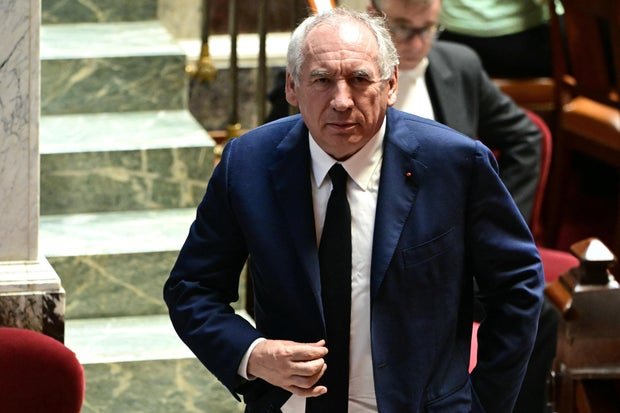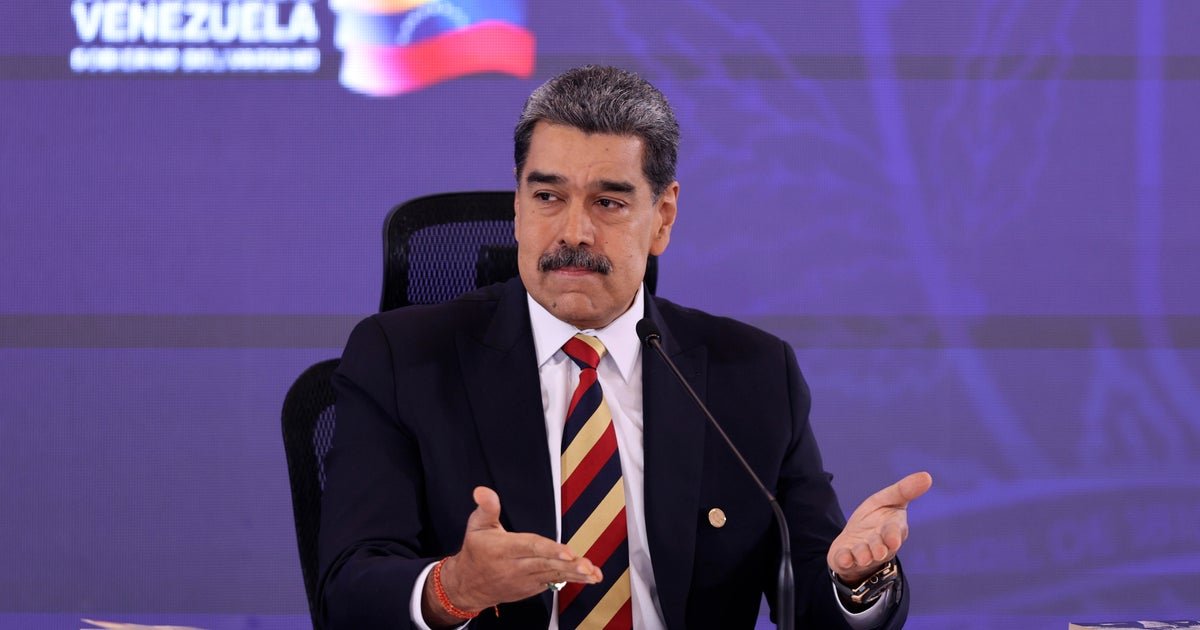In a significant political upheaval, France’s government was toppled on Monday following a confidence vote that resulted in the ousting of Prime Minister François Bayrou. The vote, which saw 364 lawmakers against Bayrou and 194 in favor, marks yet another crisis for President Emmanuel Macron, who now faces the challenge of appointing a fourth prime minister within a year.
Bayrou’s removal comes after he attempted to push through austerity measures aimed at reducing France’s mounting public debt. His gamble to call for a confidence vote backfired, as lawmakers from both the left and far-right united against him, seizing the opportunity to challenge the 74-year-old centrist leader who had been appointed by Macron in December.
Political Uncertainty Ahead
The collapse of Bayrou’s minority government, which lasted less than nine months, has plunged France into renewed uncertainty. The country is grappling with pressing issues, including budgetary constraints and international conflicts, notably the ongoing wars in Ukraine and Gaza.
Despite having two weeks to prepare for this eventuality, Macron has yet to identify a clear successor to Bayrou. The president’s office announced that Bayrou’s resignation would be accepted on Tuesday, with a new prime minister expected to be named “in the coming days.”
Macron’s previous attempts to strengthen his government have not yielded the desired results. Following the departure of Gabriel Attal in September 2024 and the ousting of former Brexit negotiator Michel Barnier in December, Macron is now faced with the daunting task of finding a leader who can garner support in a fragmented National Assembly.
The Fallout of a Political Gamble
The root cause of the latest government collapse can be traced back to Macron’s controversial decision to dissolve the National Assembly in June 2024. This move was intended to consolidate power for his pro-European centrist alliance but instead resulted in a splintered legislature, leaving no single political bloc in control.
Since then, Macron’s minority governments have struggled to navigate a political landscape where opposing factions can easily collaborate to undermine his authority. The recent confidence vote exemplified this dynamic, as left-wing and far-right legislators united to oust Bayrou.
Marine Le Pen, leader of the far-right National Rally party, characterized the vote as a significant moment, stating, “This moment marks the end of the agony of a phantom government.” Her sentiments were echoed by Mathilde Panot of the hard-left France Unbowed, who expressed relief at Bayrou’s departure.
Bayrou’s Austerity Measures
In his final address to the National Assembly, Bayrou defended his decision to seek legislative support for austerity measures, arguing that France’s debt crisis necessitated urgent action. He described the situation as a “silent, underground, invisible, and unbearable hemorrhage” of excessive public borrowing.
At the end of the first quarter of 2025, France’s public debt stood at approximately 3.346 trillion euros, representing 114% of the country’s gross domestic product. Bayrou’s proposed budget cuts of 44 billion euros ($51 billion) for 2026 were aimed at addressing a deficit that had reached 5.8% of GDP, significantly above the European Union’s target of 3%.
Calls for New Elections
The extraordinary session of the National Assembly, which interrupted its summer recess, was marked by intense political drama. Macron’s opponents are leveraging the crisis to push for new legislative elections, with Le Pen calling for the dissolution of the National Assembly. She expressed confidence that her party could secure a majority in a new election, positioning itself to form a government.
“A big country like France cannot live with a paper government, especially in a tormented and dangerous world,” Le Pen stated during the session.
Future Challenges for Macron
The next prime minister will inherit a challenging political landscape, facing the same budgetary issues that plagued Bayrou and his predecessors. While Macron has vowed to remain in office until the end of his term, the risk of political paralysis looms large.
Under the French political system, the prime minister is appointed by the president and is accountable to the parliament, responsible for implementing domestic policies, particularly economic measures. Bayrou’s warnings about the dangers of excessive debt and the need for fiscal responsibility resonate as the country navigates its financial future.
As the political landscape continues to shift, the implications of this government collapse will be felt across France. The challenges ahead are significant, and the ability of Macron’s administration to stabilize the situation remains uncertain.
Conclusion
The ousting of François Bayrou marks a pivotal moment in French politics, highlighting the fragility of Macron’s government and the complexities of navigating a divided National Assembly. As the search for a new prime minister begins, the future of France’s political stability hangs in the balance, with pressing economic challenges and the potential for new elections looming on the horizon.










